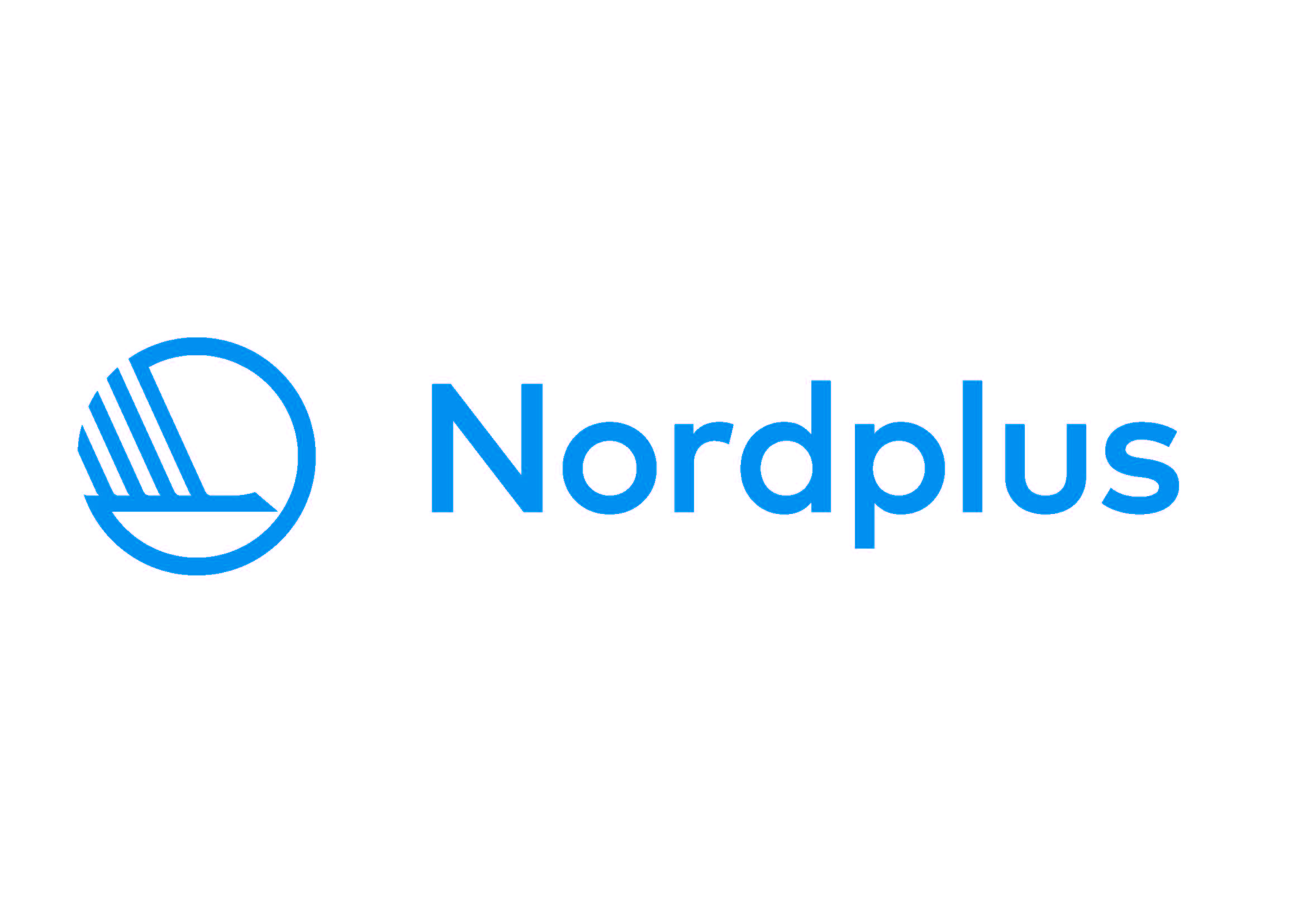Teaching period: 24 – 28 March 2024
Location: Nida Art Colony (VDA), Lithuania
Teacher(s): Eva-Maria Lisa Körber, Anton Shramkov
ECTS: 3 ECTS
Number of available places for KUNO students: 10
Level: BA and MA
Application deadline: 3 March 2024
How to apply: Participants should submit 250 words explaining their motivation to take part in the course in relation to the main course concepts and either a 2–3 min video or other kind of documentation evidencing successful completion of the following task to: anton.shramkov@nidacolony.lt
Course description:
The focus of this study course is human-engineered landscapes and the flow of timber materials, which are measured, categorised, valued, and devalued. Organic materials considered irrelevant, ‘unusable’, or even harmful will be at the core of this course. By studying, questioning, critically assessing, and approaching the historical, political, and economic reasoning behind these categories, the course will take a hands-on approach by inviting participants to reimagine and test the possibilities of working with what is supposedly ‘useless’.
The course takes place within a distinct landscape; the Curonian Spit, a UNESCO Heritage site, affected by its continually changing and seasonal social and urban nature. The scale, together with the unique geographical, climatic, natural and historical contexts, provides an opportunity for investigating, discussing and getting a deeper understanding of relations between global and local, centre and periphery, ‘invasive’ and ‘initial’ and the meaning of these terms as constructs and documents of specific time periods. This course takes place within the framework of Neringa Forest Architecture (NFA), a research and residency programme that was established at Nida Art Colony of Vilnius Academy of Arts in 2019 and ‘seeks to assemble an intersectional view of these diverse viewpoints focusing on the agency of culture in enhancing the ways to sense and understand forest’. Participants will have access to a library of locally-grown timber materials assembled throughout the NFA project, which from its inception, has looked for possibilities of deviating the timber logged in the Curonian Spit for the biofuel and paper industry towards experiments, architecture, design, art, research processes.
Over the course of five days, participants will: experience local natural and urban landscapes through a series of guided tours; gather, study, and process locally grown timber species; learn basic woodworking skills, working with hand tools and wood workshop machines; attend lectures given by the tutors on the statics of objects and wood joints, and participate in discussions; undertake individual and group tests of the structural properties and capabilities of different locally-grown materials with the objective of creating experimental structures from those materials. This workshop is conceived as a collaborative open-ended process where ideas will emerge from an open discussion between participants from multidisciplinary backgrounds and tutors. Proposals will be tested through the process of handicrafting and prototyping. Participants are invited to learn by unlearning, to deconstruct and reconstruct, to acquire skills and to focus on background and context. The course is open to participants from all backgrounds and fields of study and does not require specific knowledge or skills in architecture, design, or the material sciences
More information on the teaching staff
Additional information: The workshop will take place at the Nida Art Colony of the Vilnius Academy of Arts, E. A. Jonušo str. 3, Neringa LT-93127, Lithuania. The teaching period begins on Sunday morning (24 March) and ends on Thursday evening (28 March). Participants are expected to arrive on Saturday, 23 March and depart on Friday, 29 March. The cost of travel, accommodation, and meals are to be covered by the participants.
Accommodation prices: a room with a shared bathroom costs 16€ per person per night.A room with a private bathroom costs 24€ per person per night. Rooms are shared by 2 to 4 students. Shared and self-funded cooking in the group will be planned for specific days as part of the study process.
Financial support available from KUNO: Travel support between countries: 330 € (660 € to/from Iceland) Subsistence: 250 € per week (5-7 days).
For further enquiries please contact: anton.shramkov@nidacolony.lt
Eligibility requirements:
- only BA and MA full-degree students from the KUNO network schools can participate;
-exchange students from other institutions, which do not belong to the KUNO network, studying at one of the KUNO network schools, CANNOT participate;
- full-degree students from the KUNO network schools, currently on exchange at another institution, CANNOT participate (neither with nor without the KUNO grant).


